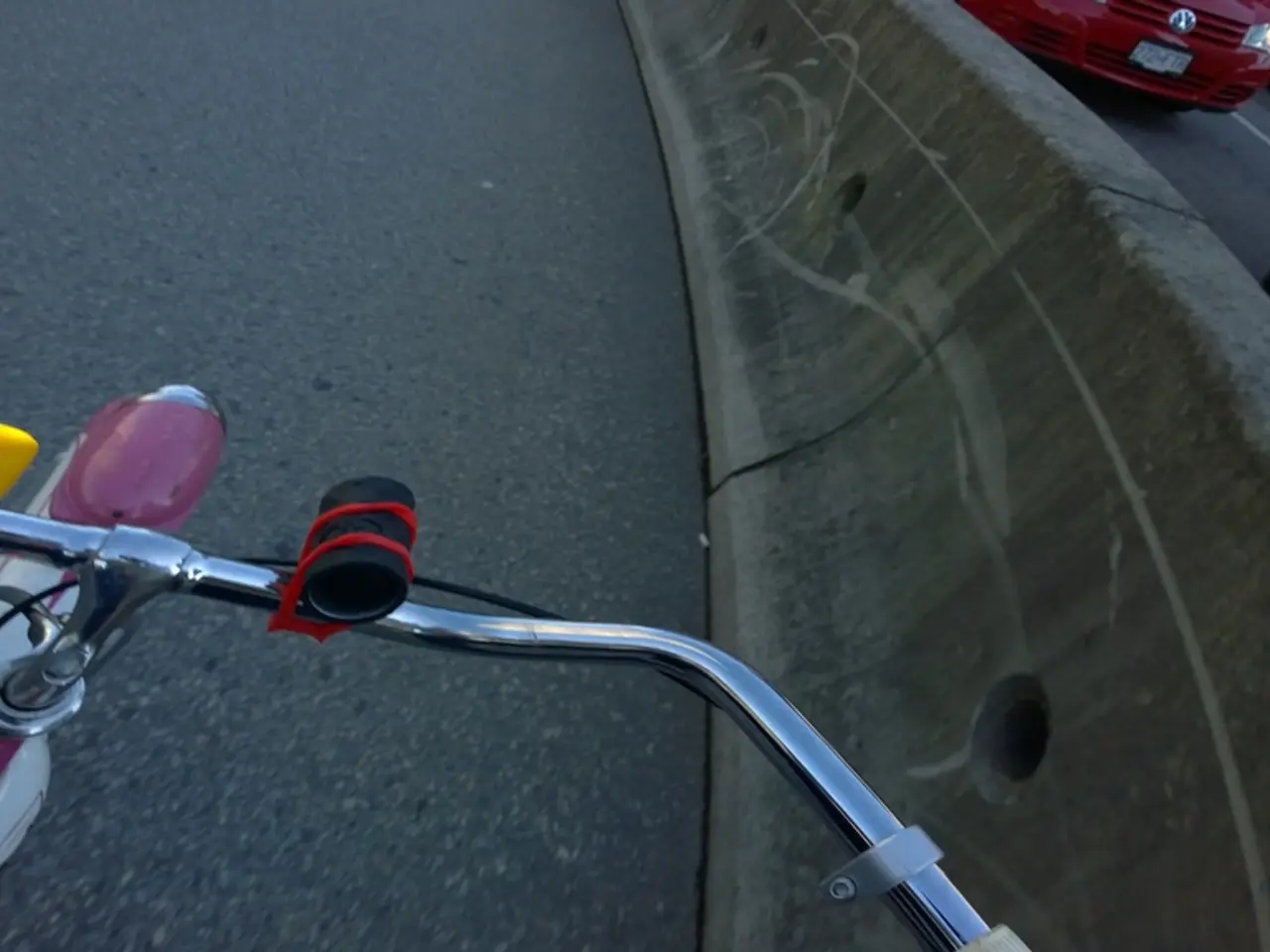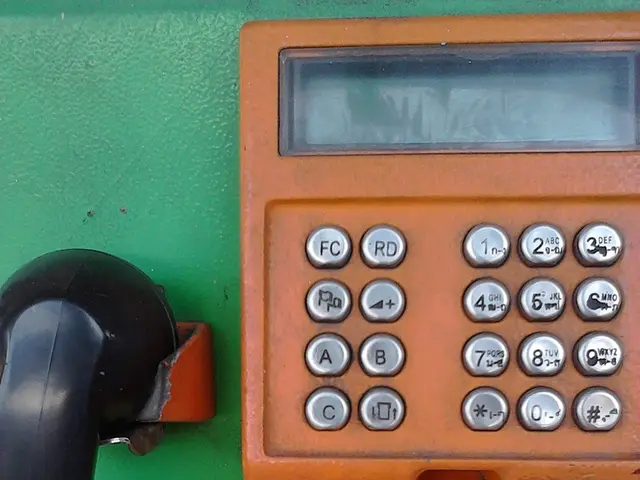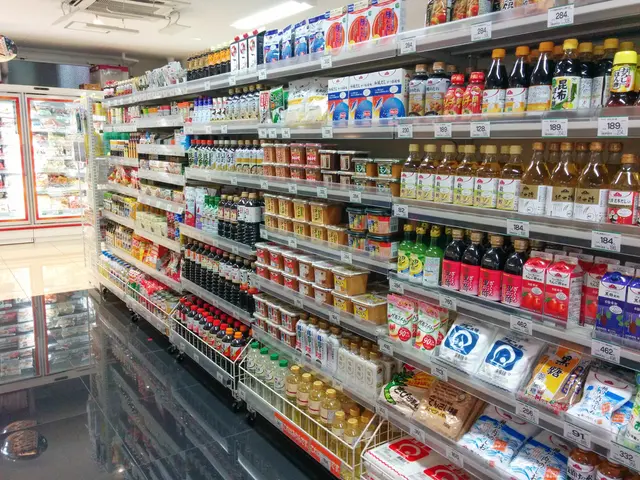Companies prosper with the implementation of Extended Producer Responsibility (EPR) programs
Vietnam is embarking on a significant transition towards a greener future, with businesses playing a pivotal role in implementing Extended Producer Responsibility (EPR) and promoting the circular economy. EPR is viewed as an opportunity for businesses to enhance their brand reputation, become more competitive globally, and contribute to a sustainable environment [1].
According to Nguyen Thanh Yan, deputy head of the Legal Issues and Policies Division, Department of Environment under the Ministry of Agriculture and Environment, the current challenges in implementing EPR in Vietnam include inconsistent and unclear regulations, limited access to information for businesses, weak coordination among government agencies, insufficient financial resources, and a lack of a strong green ecosystem [2][3]. These issues have hindered effective implementation, with business stakeholders struggling to navigate fragmented policies and insufficient guidance [2][3].
To address these challenges, the Vietnamese government has initiated several initiatives. One such initiative is the drafting of a dedicated EPR decree to streamline existing regulations, increase transparency, and enhance feasibility, which is currently open for public consultation [3]. Additionally, the government organises forums and policy dialogues, such as the "Green Packaging Forum: EPR Journey Towards Sustainable Value", to foster collaboration among producers, recyclers, government, and experts [2][3].
The government also advocates a complete support programme that includes clear procedures, financial tools, training, improved technology access, communications, incentives, and penalties, plus stronger coordination between local governments and businesses [1]. Moreover, the government is encouraging the development of a domestic carbon market to provide funding and incentives for emission reductions aligned with circular economy goals [1].
In an effort to promote green social transformation, the government is also focusing on environmental education from an early age to build a culture of sustainability in the long term [1]. The government recognizes the need for enhanced coordination mechanisms, where managers act as facilitators to support green investment, reduce bureaucratic obstacles, and integrate green initiatives into brand value for businesses [1][3].
Nguyen Thanh Yan emphasized the importance of businesses being proactive, innovative, and investing in circular practices. He made these remarks at the "Green Packaging Forum: EPR Journey Towards Sustainable Value" in HCM City on August 8, which gathered over 100 delegates from government, industry, recycling, international organizations, startups, and academia [2][3].
The forum was co-organized by Việt Nam News and Vinexad National Trade Fair & Advertising JSC. It is clear that businesses are the pioneers in implementing EPR and promoting the circular economy, with their role as creators of products and decision-makers on raw materials, packaging design, product life cycle, and distribution channels being central to this transition [1]. EPR is considered a key, not a burden, according to Nguyen Thanh Yan [3].
The Ministry of Agriculture and Environment has drafted a decree to guide EPR implementation, aiming to clarify rules, improve transparency, and enhance feasibility [3]. Nguyen Thanh Yan also stated that traditional economic models based on resource exploitation, linear consumption, and large emissions are no longer suitable [3].
The government is committed to creating a stable, transparent, and practical policy environment to support the transition, working closely with businesses in the implementation of EPR, not just for oversight, but to create a supportive and transparent policy environment [1]. As Vietnam navigates the challenges of implementing EPR and transitioning to a circular economy, it is clear that a collaborative approach between businesses, government, and research institutions will be crucial for success.
- The government of Vietnam is transitioning towards a greener future, with businesses playing a vital role in implementing Extended Producer Responsibility (EPR) and promoting the circular economy.
- EPR is viewed as an opportunity for businesses to enhance their brand reputation, become more competitive globally, and contribute to a sustainable environment.
- Nguyen Thanh Yan, deputy head of the Legal Issues and Policies Division, Department of Environment under the Ministry of Agriculture and Environment, has identified challenges in implementing EPR in Vietnam, such as inconsistent and unclear regulations, limited access to information, and a lack of a strong green ecosystem.
- To address these challenges, the Vietnamese government has initiated several initiatives, including drafting a dedicated EPR decree, organizing forums and policy dialogues, and advocating for a comprehensive support program.
- The government is also promoting environmental education to build a culture of sustainability, encouraging green social transformation.
- Nguyen Thanh Yan emphasized the importance of businesses being proactive, innovative, and investing in circular practices to succeed in the transition to a circular economy.
- EPR is considered a key element, not a burden, according to Nguyen Thanh Yan.
- The Ministry of Agriculture and Environment has drafted a decree to guide EPR implementation, aiming to clarify rules, improve transparency, and enhance feasibility.
- As Vietnam navigates the challenges of implementing EPR and transitioning to a circular economy, a collaborative approach between businesses, government, and research institutions will be crucial for success, with the government committed to creating a stable, transparent, and practical policy environment for support.





